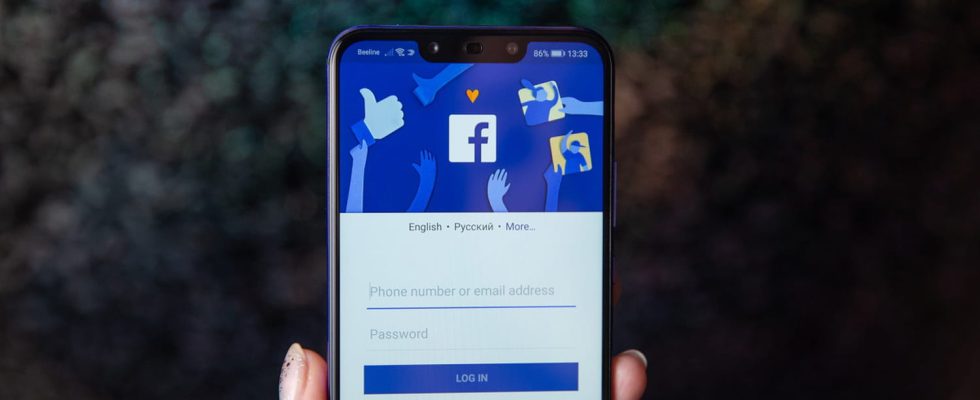While many people are reselling their Christmas gifts on the Facebook Marketplace, scams are multiplying on the platform, sometimes in very creative forms. Be careful if you are a buyer or seller!
Now that the Christmas holidays are over, many users will rush to the various peer-to-peer sales platforms, such as Leboncoin, Vinted or the Facebook marketplace, in order to sell some of their gifts – duplicates or those that are not to their taste in particular. Very practical places to publish sell or buy products at low prices, while making a responsible and ecological gesture when it comes to second-hand items. The problem is that these are nests of scams, as pointed out our colleagues at Wired. There are countless scams using phishing links to extract sensitive information and money. Some buyers and sellers even hijack the PayPal payment system to rob their victims.
Facebook Marketplace: frauds galore
According to investigation carried out in 2022 among 1,000 British users, one in six people have already been the victim of a scam on the Facebook Marketplace. According to the scam tracking system of the BBB (Better Business Bureau), more than 1,200 reports mentioning the platform in the United States and Canada were made between January 2022 and November 2023. These scams take various forms. For example, some listings are for expensive products, with sellers claiming to be overseas or in the military and needing to ship the product through Amazon or eBay. They then request a deposit via funds transfer or via prepaid debit cards, which they cash before suddenly disappearing.
Phishing attempts are also widespread on the platform and affect both buyers and sellers. Indeed, scammers regularly pose as potential customers, with the aim of extracting certain personal or banking information, through false links to payment solutions like Zelle or PayPal (see our article). What do all these scammers have in common? A fairly similar operating procedure, with customers who never haggle on prices – that’s the basis! To make their scam more credible, they do not hesitate to buy orphaned or hacked Facebook accounts, which allows access to profiles resembling those of real people, with a long account history. These accounts are easily purchasable on the Dark Web or on Telegram channels, in the form of bundles.
Facebook Marketplace: very creative scammers
According to Meta spokesperson Ryan Daniels, the American giant is doing its best to combat this problem: “What happens offline often shows up in online environments, and that unfortunately includes scams. Meta works aggressively to quickly identify, disable and ban scams and the accounts associated with them,” he assures. The company is also working on a new notification system for “help people better identify potential scams around payment apps” which is expected to begin rolling out over the coming months.
As a security measure, in the event of a transaction, it is imperative to go through the payment systems associated with the platform, which benefit from specific security and insurance. You should never leave the platforms’ secure messaging systems and never click on any link provided by email or SMS. A few signs can serve as a warning signal. Therefore, you should be wary when a buyer offers additional payment to reserve the product, as this is usually a way of screwing the victim. If you have the slightest doubt, don’t look around from noon to two p.m. and cancel the transaction: it’s better to be paranoid than robbed. To report a suspicious email or site, send it to [email protected].
